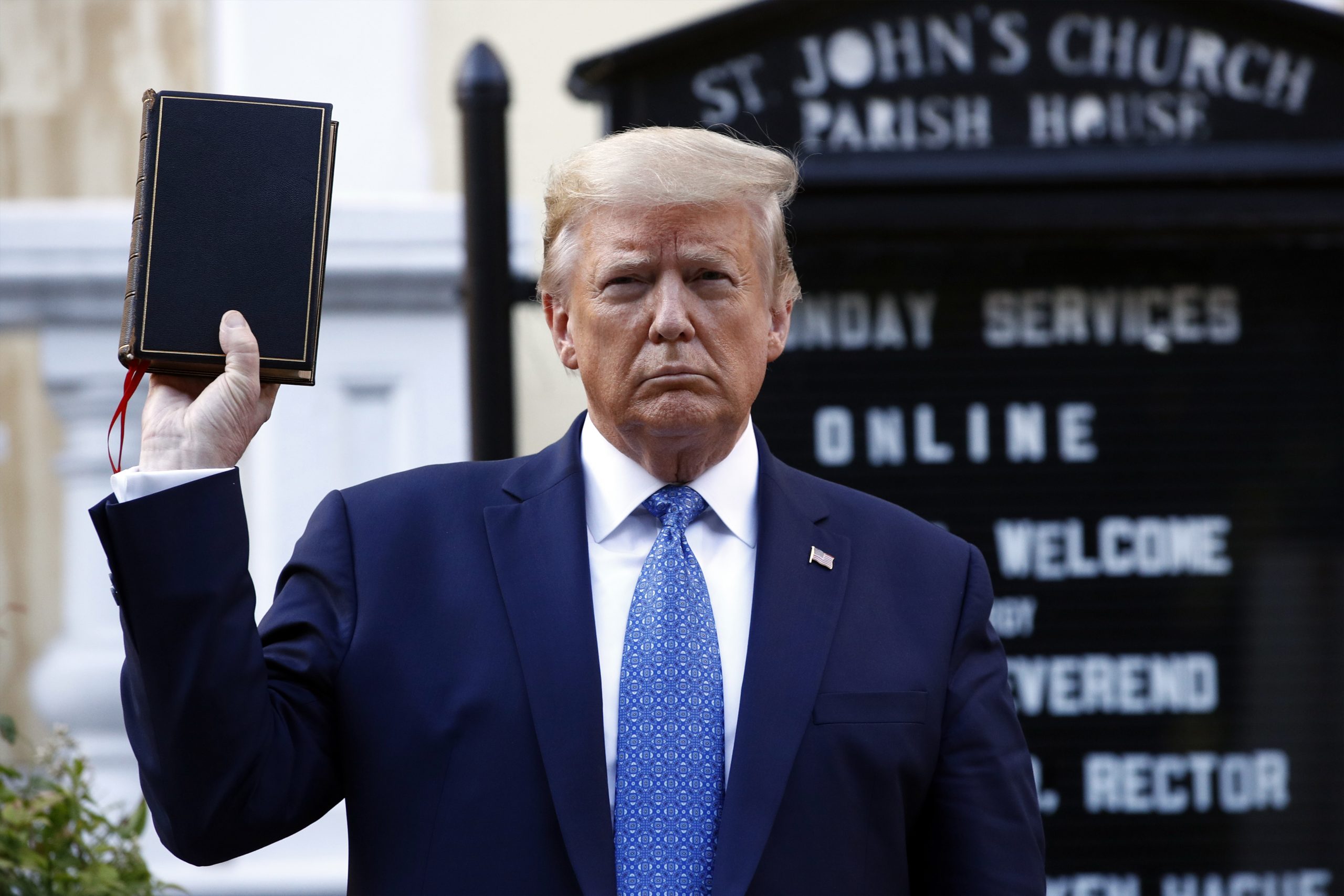Thoughts on Non-Western Liberalism
My friend Tracy Johnson passed along Paul Miller’s 2018 article “Non-‘Western’ Liberalism and the Resilience of the Liberal International Order”. Miller takes Donald Trump’s 2017 speech in Warsaw on the nature of liberalism’s relationship to Western civilization as his jumping off point. Miller argues that liberalism could have developed anywhere in the world, not just the West, and that the nature, origins, and failures of global liberalism and democracy demonstrate that liberalism does not need the civilizational features of the West (i.e., Christendom and its legacy) in order to flourish. It was a good read, and provoked a few thoughts from me. In no particular order,
1. Miller is working in the area of political science, not philosophy. Political science can be a helpful discipline (I did my undergraduate degree in it) to understand the quantifiable effects of policies, but it cannot determine whether policies are good. The good is a philosophical question; science, including political science, can only measure effects. But even the nature of the measuring rod used (e.g. the different ways Freedom House and the Center for Systemic Peace try to measure [quantify] freedom [qualitative]) is philosophically charged. Political science often makes the same mistake of the other sciences in thinking that the manner of measurement and the object being measured are objective and accessible, rather than subjective. This was one of the frequent critiques of Miller’s 2022 The Religion of American Greatness: What’s Wrong with Christian Nationalism. Miller in this article makes the same assumption: that the measure of freedom in a country is the same thing as its degree of liberality…
Balancing Murder: A Response to Pro-Life Evangelicals for Biden
The defining feature of evangelicalism is disregard for the institutional church.
I was disappointed to see this proven again by “Pro-Life Evangelicals for Biden”, particularly with the signatories Richard Mouw and Samuel Logan. This group argues in three paragraphs that Joe Biden’s policies reflect a more biblical, pro-life ethic than Donald Trump’s, abortion notwithstanding and evidence not provided. Citing the parachurch organization, the National Association of Evangelicals, the Pro-Lifers for Biden state, “‘Faithful evangelical civic engagement and witness must champion a biblically balanced agenda.’ Therefore we oppose ‘one issue’ political thinking because it lacks biblical balance.” What are the additional pro-life issues that policies on abortion need to be balanced against? Poverty, healthcare, climate change, racism, and, yes, that pressing issue, smoking.
My concern is not with the political question of the importance of these issues, but the way in which the church has been sidelined by this group in favor of an equalizing idea of “balance”…

When They Gassed The Church
 President Donald Trump holds a Bible as he visits outside St. John’s Church across Lafayette Park from the White House Monday, June 1, 2020, in Washington. Part of the church was set on fire during protests on Sunday night. (AP Photo/Patrick Semansky)[/caption]
President Donald Trump holds a Bible as he visits outside St. John’s Church across Lafayette Park from the White House Monday, June 1, 2020, in Washington. Part of the church was set on fire during protests on Sunday night. (AP Photo/Patrick Semansky)[/caption]
[[EDIT, June 9th, 2021: An investigation by the Department of the Interior has found that the protestors and parishioners were not cleared in order for President Trump to have his photo-op. This post was built around false information, and I have posted an acknowledgment of that here. I am leaving the original post up in order to maintain the record.]]
The protest outside the White House was apparently cleared by police using tear gas and grenades so that President Trump could go and have photos taken outside St. John’s Church. Leaving aside the question of the propriety of a President using police to disperse a lawful protest for a photo-op, there was no communication between the President and the church prior to his visit, and the church was relegated to a set piece in the midst of turmoil. But worse than that, the police used tear gas and concussion grenades to clear away the church’s clergy from the church property. A President used agents of the state to remove pastors from a church (who were tending to injured people) so that he could pose with a Bible in front of a place of worship. This is despicable.
The Buttigieg-Evangelical Pincer Move
I grew up in an evangelical world that constantly said that character™ mattered, especially for public officials. The character qualities in mind were always Christian and almost always about sexual activity. The world I inhabited also wrote off most Democratic politicians as lacking character™, either due to their stance on abortion, openness on sexual and cultural revolutions, or being theologically liberal or sterile. You needed to vote GOP, either because the Democrats were godless, or because the Republicans were faithful to God.
Then came 2012. Something odd happened in that election…
